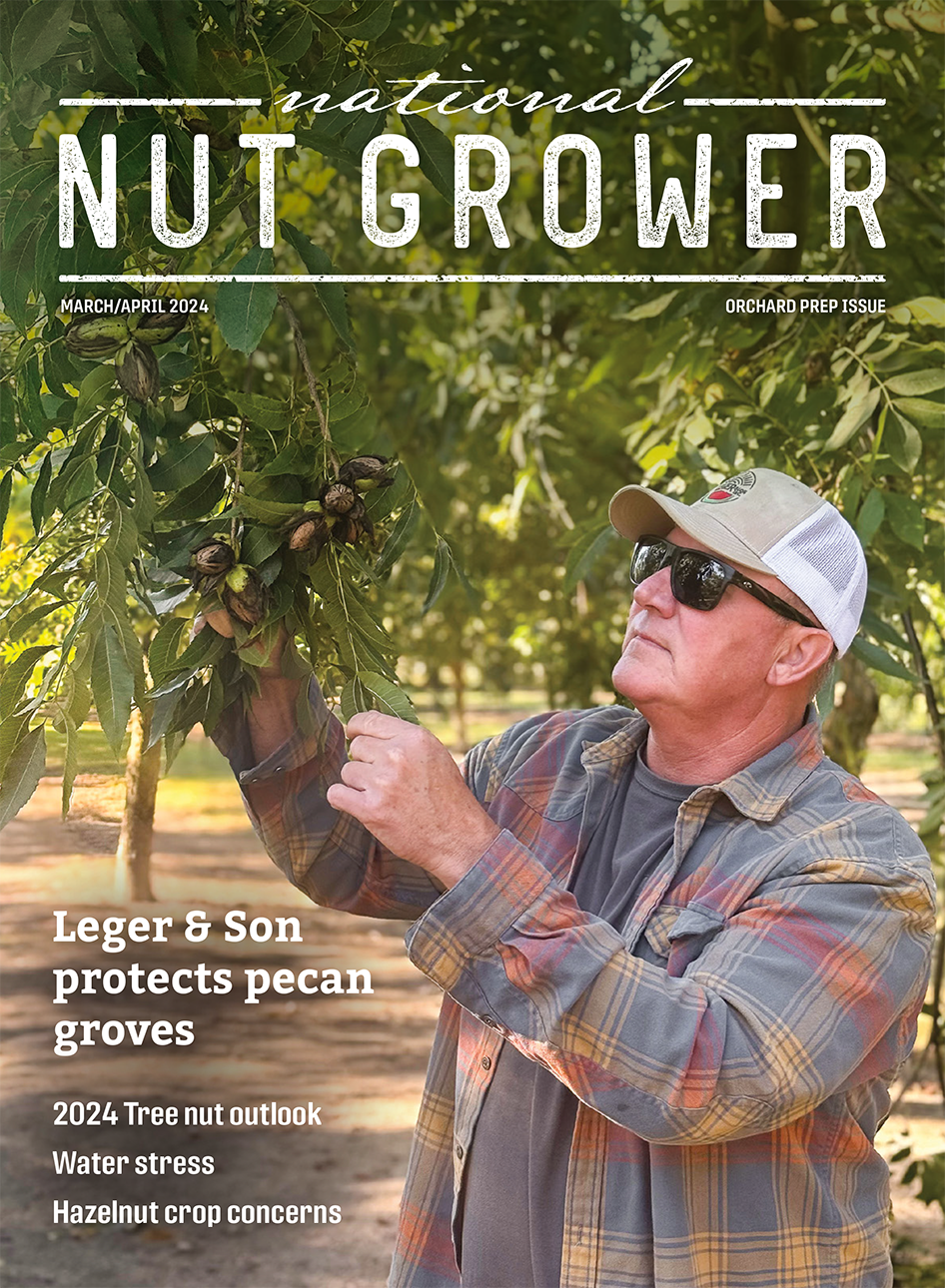
Sept/Oct 2022
Self-driving cars and healthy tomatoes

To address the issues of the future, we must be prepared with solutions to industry problems and be proactive to solve them. With technology today we have self-driving cars, software that can translate Spanish to English just by pointing a smartphone camera at the text, and artificial intelligence that tracks our internet searching and sends us ads targeted to our browsing history. We live in an amazing time with new technology being applied to help solve everyday problems and make life more enjoyable.
Making use of the latest technology will also benefit agriculture and the crops we grow. Not only do we have autonomous spray tractors and drones that safely and efficiently apply chemicals to our crops, we can use gene technology to identify functions and traits in crops to enhance them and make them safer to farm and more nutritious to eat.
Take for example the GABA-enriched tomato, which was recently enhanced to contain high amounts of gamma-aminobutyric acid (GABA). Research has found that a diet that includes high amounts of GABA can help support lower blood pressure and promote relaxation (Nature Biotechnology, Dec. 14, 2021). It was developed in Japan using the.
CRISPR-Cas9 is a system in plant breeding that uses site-directed nucleases to target and edit specific locations in the plant’s DNA. It was developed at the University of California, Berkeley, in 2012 by a research team led by Jennifer Doudna, who won the Nobel Prize in Chemistry in 2020 for her discovery. Once a gene target is identified that controls a certain function in a plant, say the production of GABA in tomato, a specifically designed guide RNA targets the specific site in the DNA and “edits” or cuts the DNA, which then will repair itself.
This disruption either leaves the DNA silenced or repaired, which creates a new sequence. The new sequence is so specific to the particular trait that the rest of the DNA is unaffected. The plant, or tomato in this case, is exactly like the original plant except for this one area of the DNA, which has been enhanced to produce more GABA.
Since this process does not use foreign DNA nor does it introduce any new DNA, it is not a genetically modified organism (GMO) and thus is unregulated.
This exciting new technology has already been applied to over 40 crops including rice, tomato, corn, wheat, potato, soy and banana. It’s a worldwide accepted technology of crop improvement where breeding programs in over 25 different countries are participating in using the CRISPR-Cas9 technology. Most countries have recognized the advantage of this technology and have passed laws to deregulate the cultivation and use of these plants (Frontiers in Plant Science, Oct. 9, 2020).
Potential beneficial traits have been separated into two categories: plants with market-oriented traits or consumer traits and plants with grower-oriented traits or production traits. Consumer traits are ones that will benefit the consumer, like the GABA-enhanced tomato for better health. Other consumer traits are non-browning apples (Arctic apples), high-oleic soybean oil and longer shelf life avocados.
Production traits are ones that will benefit growers producing the product, such as higher-yielding corn and rice, longer-fruiting strawberries and disease resistant bananas. Then there are traits that will benefit the environment, such as stress-tolerant tomatoes, drought-tolerant cover crops and rubber-producing plants. As the genetic makeup of crops continues to be discovered, more gene targets will be identified and improvements will be made to have better growing, more environmentally adaptable varieties that will lessen our dependence on chemicals and provide the consumer with safe and nutritious foods that will help sustain the growing population.
The application of such technology to other crops has just begun. It is, however, foreseeable in the future to have higher-yielding almonds, walnuts that produce more omega-3 oils, and drought-tolerant pistachios. It didn’t seem possible just five years ago to have self-driving cars, but now you see them on the road as the technology improved to the point where it became useful and safe.
That is what we have to do with the technology of CRISPR-Cas9 — apply the technology to our industry to make improvements that benefit both producers and consumers.







